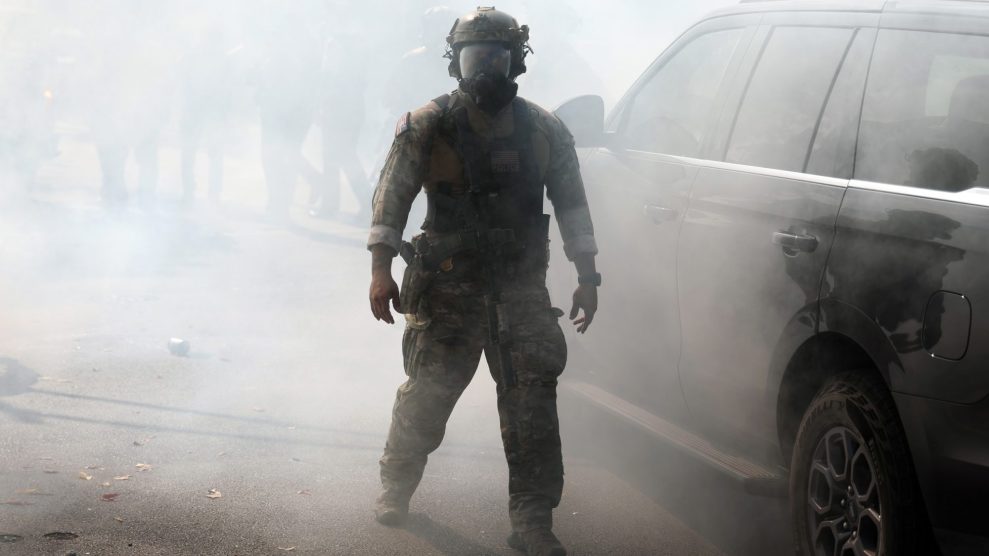Max Boot writes today that over the past couple of years, Iraq has spiraled ever downward into outright anarchy and civil war:
Contrast that with Afghanistan, which I visited last week. While violence, corruption, drug production and government dysfunction remain very real problems in what is still one of the world’s poorest countries, Afghanistan is making real progress. Kabul is bustling and, notwithstanding some high-profile Taliban attacks, far safer than Baghdad….Even more impressive, the security forces managed with virtually no coalition presence on the ground to secure the April 5 presidential election despite Taliban attempts to disrupt it.
….Just a few years ago, Iraq appeared to be in much better shape: President Obama bragged on Dec. 14, 2011, that “we’re leaving behind a sovereign, stable and self-reliant Iraq.” In hindsight, however, it is obvious that Iraq began to unravel the minute the last U.S. troops left.
….There is an important lesson to be learned here: It’s vitally important to keep a substantial commitment of U.S. troops in Afghanistan after this year. Military commanders are asking for at least 10,000 personnel, and if that request isn’t granted by the White House (as leaks suggest it may not be), the odds will increase that Afghanistan, like Iraq, will descend into a civil war that undoes everything U.S. troops sacrificed so much to achieve.
I should say at the outset that I don’t necessarily oppose a long-term commitment of a small US peacekeeping force to Afghanistan. Fifteen years after the Kosovo war, NATO still has several thousand troops there, about a thousand of which are American. That’s how long this stuff takes sometimes.
That said, I’m endlessly flummoxed by the attitude of guys like Boot. After ten years—ten years!—of postwar “peacekeeping” in Iraq, does he still seriously think that keeping a few thousand American advisors in Baghdad for yet another few years would have made a serious difference there? In Kosovo there was a peace to keep. It was fragile, sure, but it was there. In Iraq it wasn’t. The ethnic fault lines hadn’t changed a whit, and American influence over Nouri al-Maliki had shrunk to virtually nothing. We had spent a decade trying to change the fundamentals of Iraqi politics and we couldn’t do it. An endless succession of counterterrorism initiatives didn’t do it; hundreds of billions of dollars in civil aid didn’t do it; and despite some mythologizing to the contrary, the surge didn’t do it either. The truth is that we couldn’t even make a dent. What sort of grand delusion would persuade anyone that yet another decade might do the trick?
Maybe things are different in Afghanistan. Tribal conflicts are different from sectarian ones. The Taliban is a different kind of enemy than al-Qaeda. Afghanistan’s likely next leader will almost certainly be more pro-American than Hamid Karzai. And strategically, Afghanistan plays a different role than Iraq ever did.
But Iraq? In 2003, maybe it was reasonable to think that the US could not just topple a dictator, but change the culture of a country. We can argue about that forever. But to still believe that in 2014? That’s the stuff of dreamland. Why are there still people around who continue to cling to this fantasy?


















